Magistrate Judge William Fitzpatrick ruled Monday that the Justice Department engaged in a disturbing pattern of profound investigative missteps in securing an indictment against former FBI Director James Comey. The judge directed prosecutors to provide defense lawyers with all grand jury materials from the case, citing fundamental misstatements of the law by a prosecutor, the use of potentially privileged communications, and unexplained irregularities in the transcript of the grand jury proceedings.
According to the 24-page opinion, the Justice Department's actions led an FBI agent and a prosecutor to potentially undermine the integrity of the grand jury proceeding. The ruling is the most blistering assessment yet by a judge of the Justice Department's actions leading up to the Comey indictment. It underscores how procedural missteps and prosecutorial inexperience have combined to imperil the prosecution pushed by the department.
Judge Fitzpatrick acknowledged that the relief sought by the defense is rarely granted, but noted that the record points to a disturbing pattern of profound investigative missteps. "The Court recognizes that the relief sought by the defense is rarely granted," Fitzpatrick wrote. "However, the record points to a disturbing pattern of profound investigative missteps, missteps that led an FBI agent and a prosecutor to potentially undermine the integrity of the grand jury proceeding."
The Justice Department's actions have raised concerns about the integrity of the grand jury process and the potential for prosecutorial overreach. The indictment against Comey was secured in September, but the judge's ruling has cast a shadow over the case. The department's handling of the investigation has been criticized for its lack of transparency and accountability.
The case against Comey centers on allegations that he mishandled classified information related to the Russia investigation. The indictment accuses him of leaking sensitive information to his friend, a journalist, and of lying to the FBI about his actions. However, the judge's ruling has raised questions about the legitimacy of the indictment and the potential for prosecutorial misconduct.
The Justice Department has not commented on the ruling, but officials have expressed confidence in the integrity of the grand jury process. The department has vowed to cooperate with the judge's order and to provide the defense with the requested materials.
The implications of the ruling are far-reaching, and it has sparked a renewed debate about the role of prosecutors in the justice system. The case has also highlighted the need for greater transparency and accountability in the grand jury process. As the case moves forward, it remains to be seen how the judge's ruling will impact the prosecution and the potential outcome for Comey.
The Justice Department has until November 27 to provide the defense with the requested materials. The case is expected to continue in the coming weeks, with a potential trial date set for early next year.
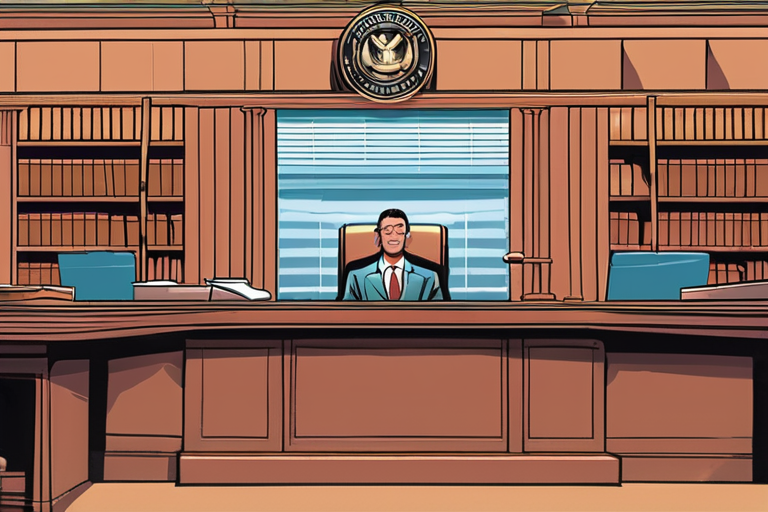



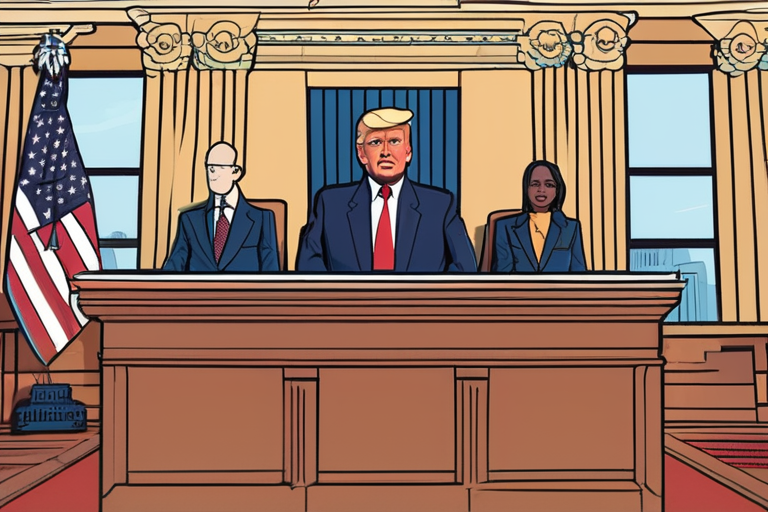
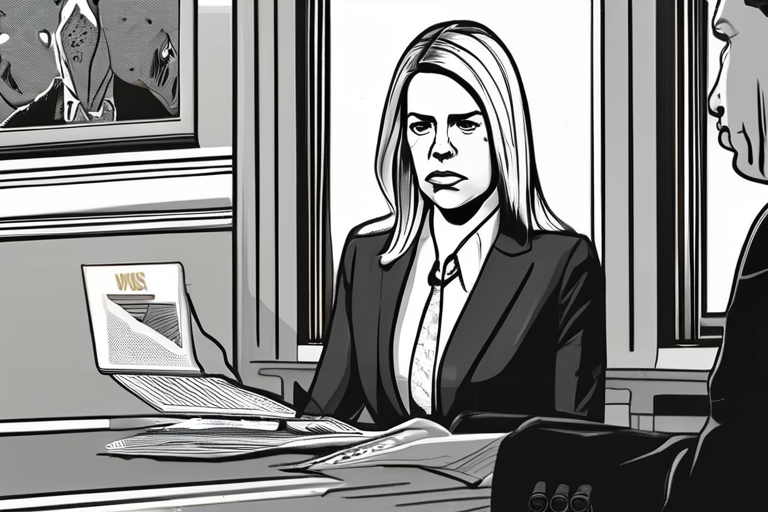
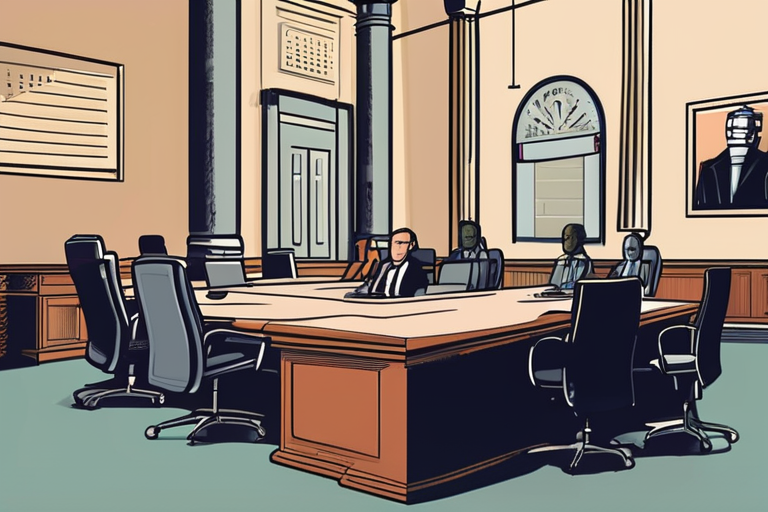
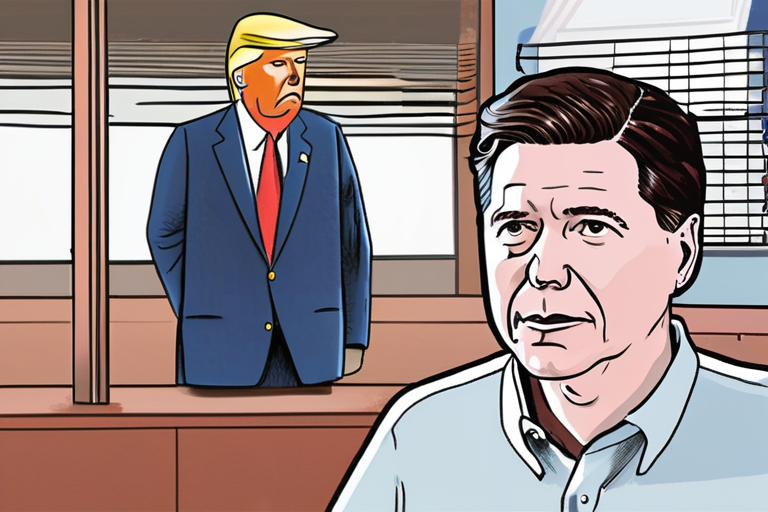
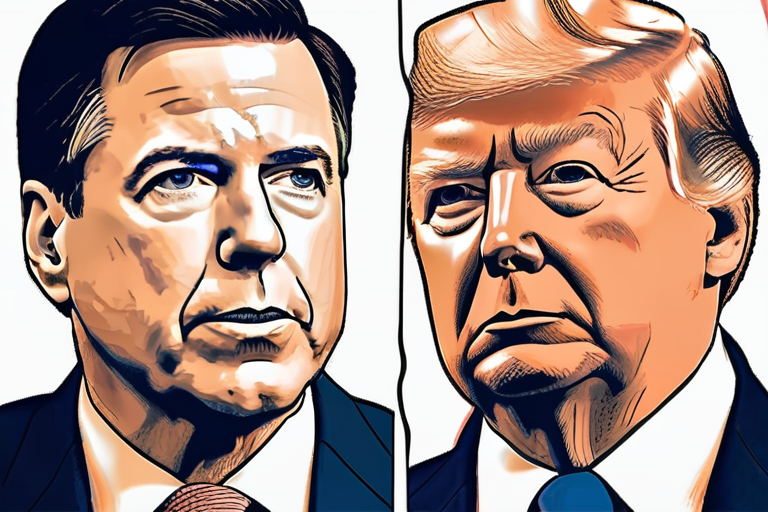
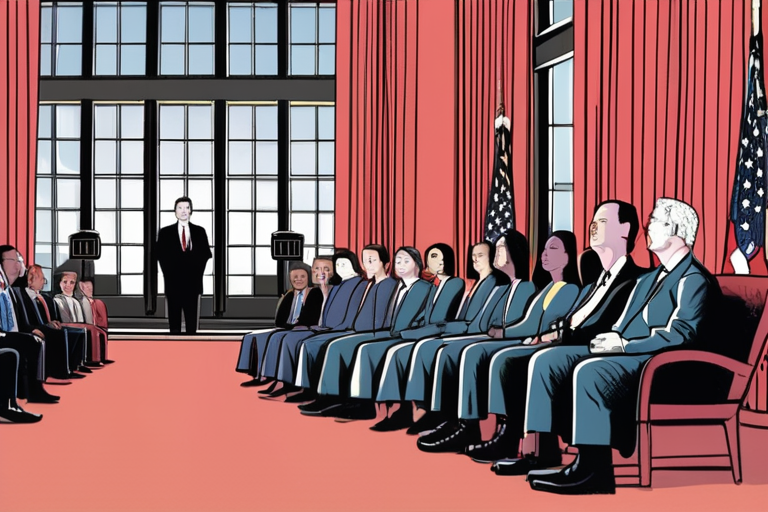

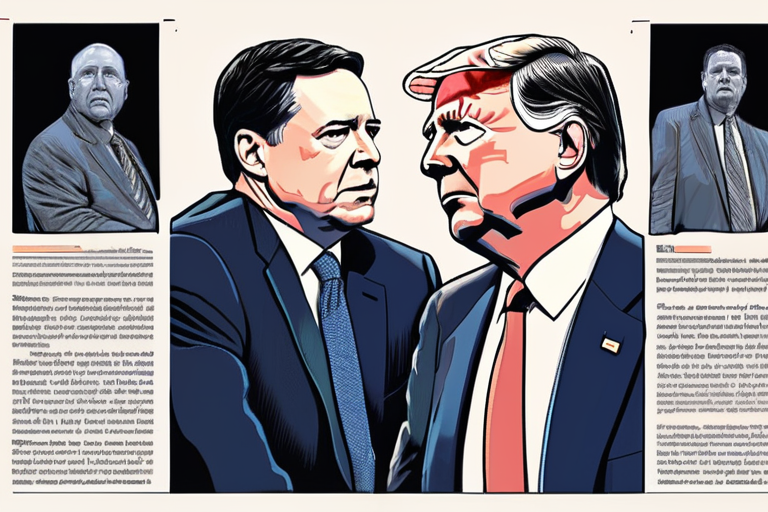

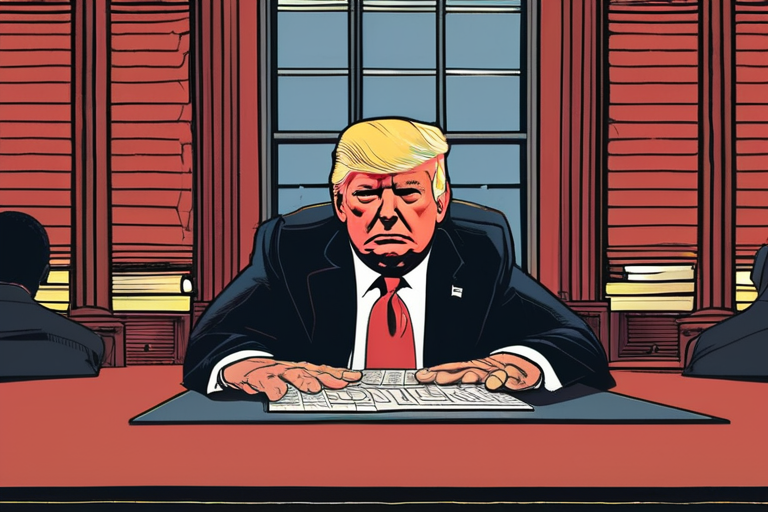
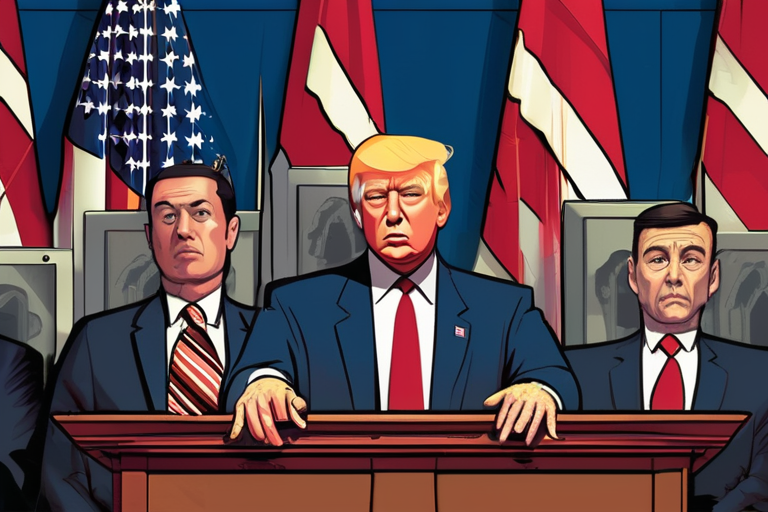
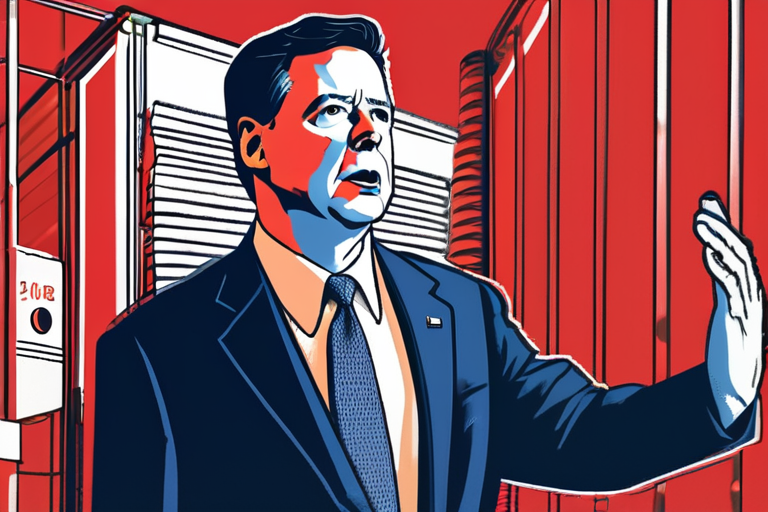
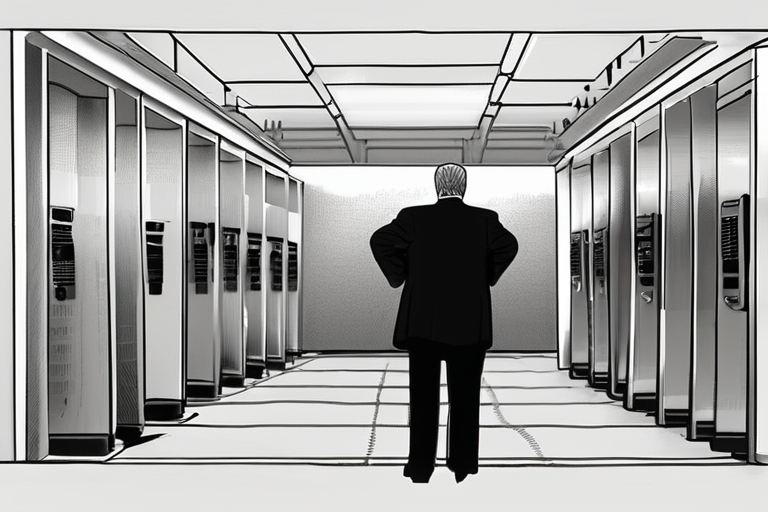
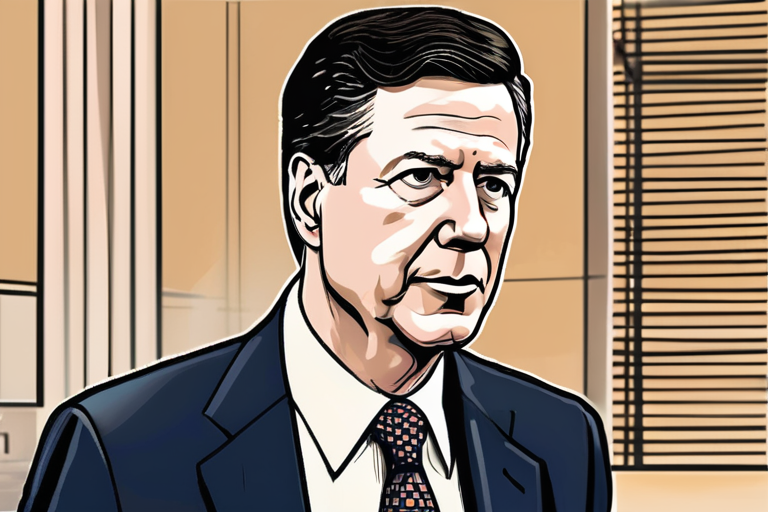


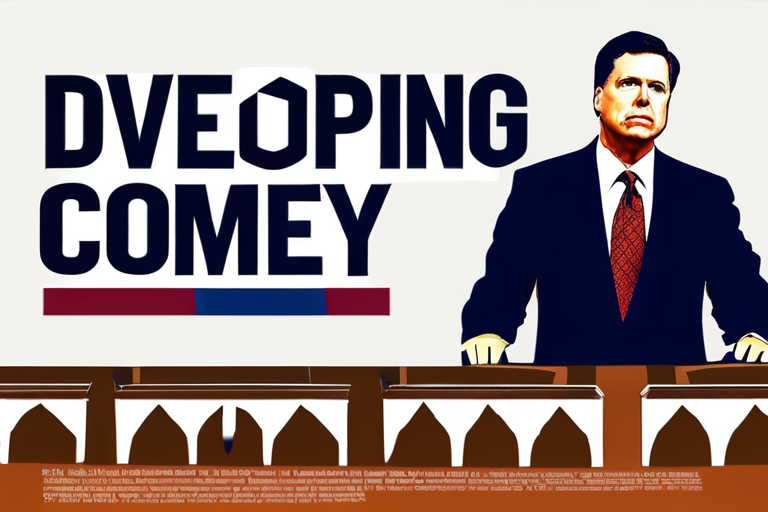
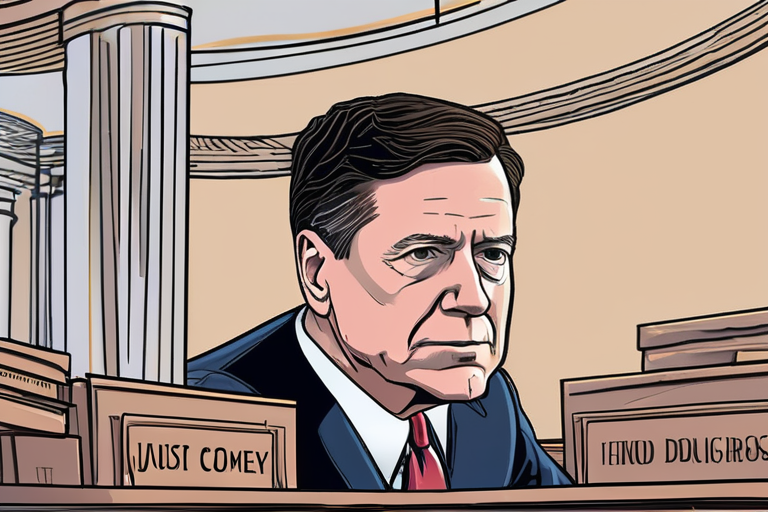

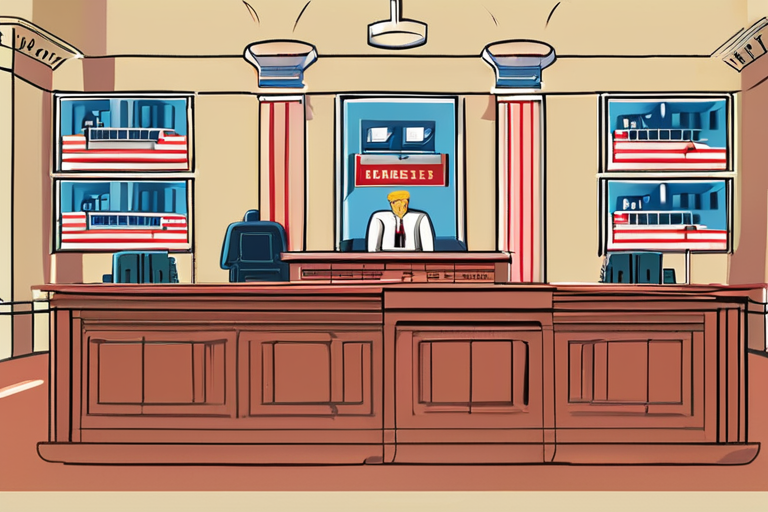

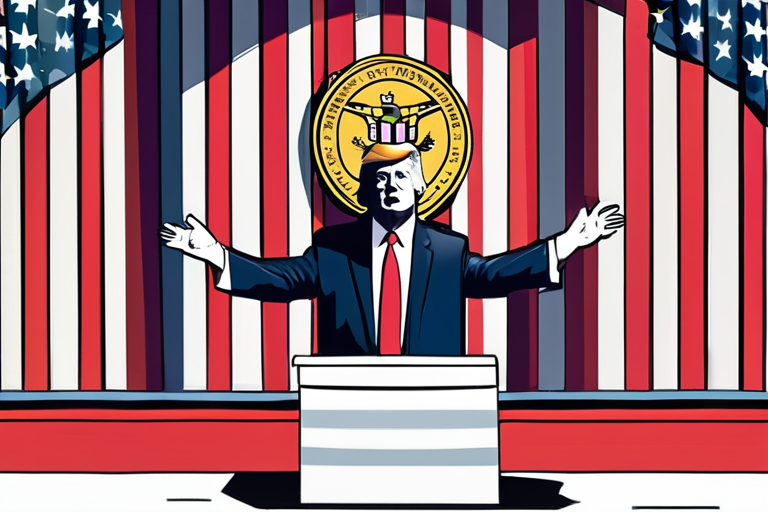
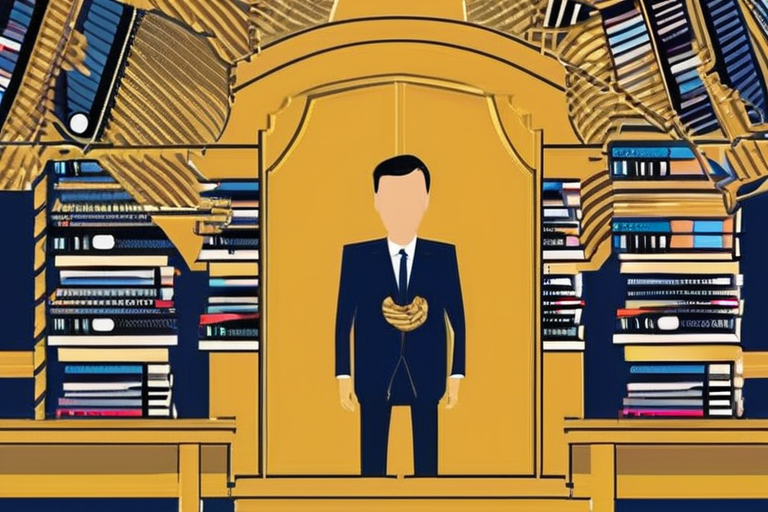
Share & Engage Share
Share this article